News: Opinions
Emerging from Lockdown: Threats to the international trade system
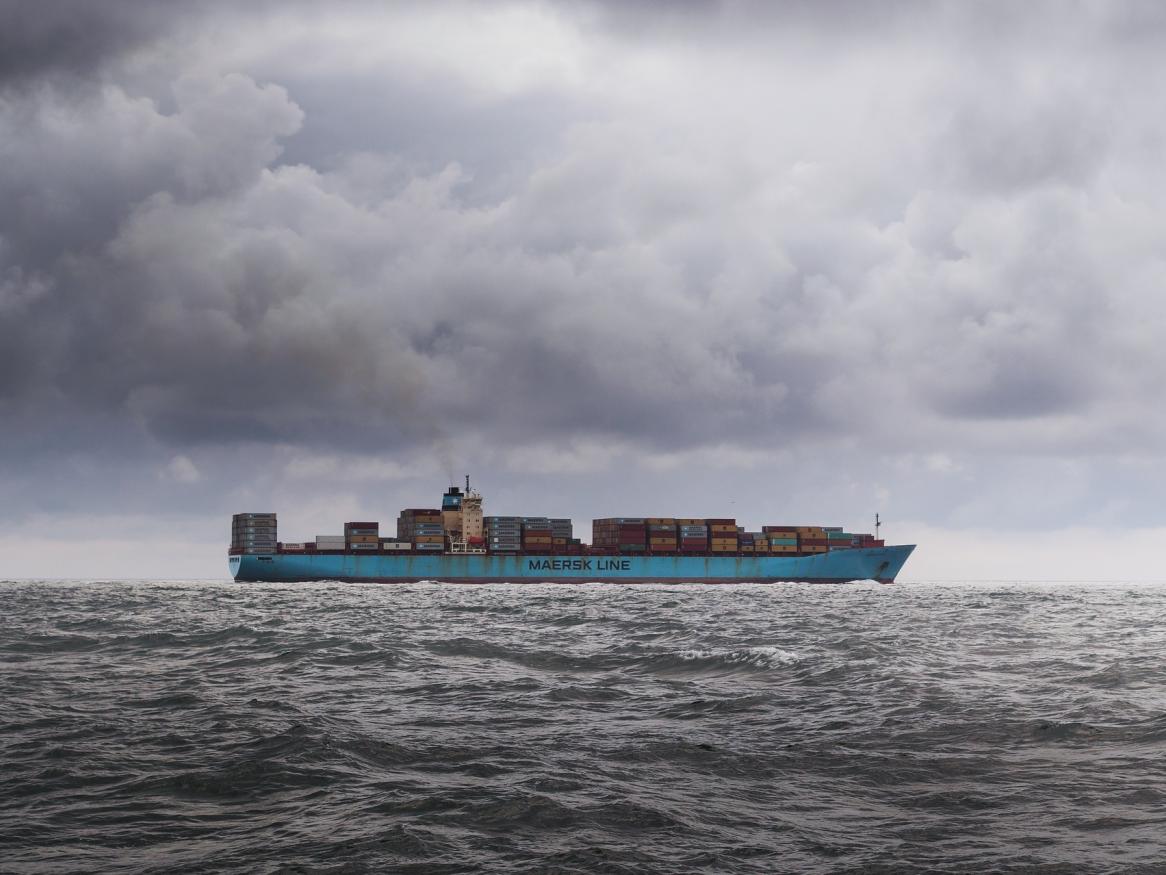
Richard Pomfret - Professor of Economics & Jean Monnet Chair Economics of European Integration, The University of Adelaide
As COVID-19 curves flatten globally and policymakers’ attention turns to resuming economic activity safely, attention is inevitably focused on domestic matters. What is the trade-off between the economic costs of caution that delays economic revival and the health costs of over-hasty removal of measures that are holding back the spread of the virus?
[Read more about Emerging from Lockdown: Threats to the international trade system]
Kick-starting international travel, tourism, and trade: A roadmap for the Morrison government

Simon Lacey, Senior Lecturer, Institute for International Trade
We are all looking forward to restarting our economy or getting out from under the doona as Prime Minister Scott Morrison colourfully put it. And we are all hoping for a return to the work lives, social existences, and economic freedoms we enjoyed and thoroughly took for granted before March 2020.
Digital technologies, services and the fourth industrial revolution
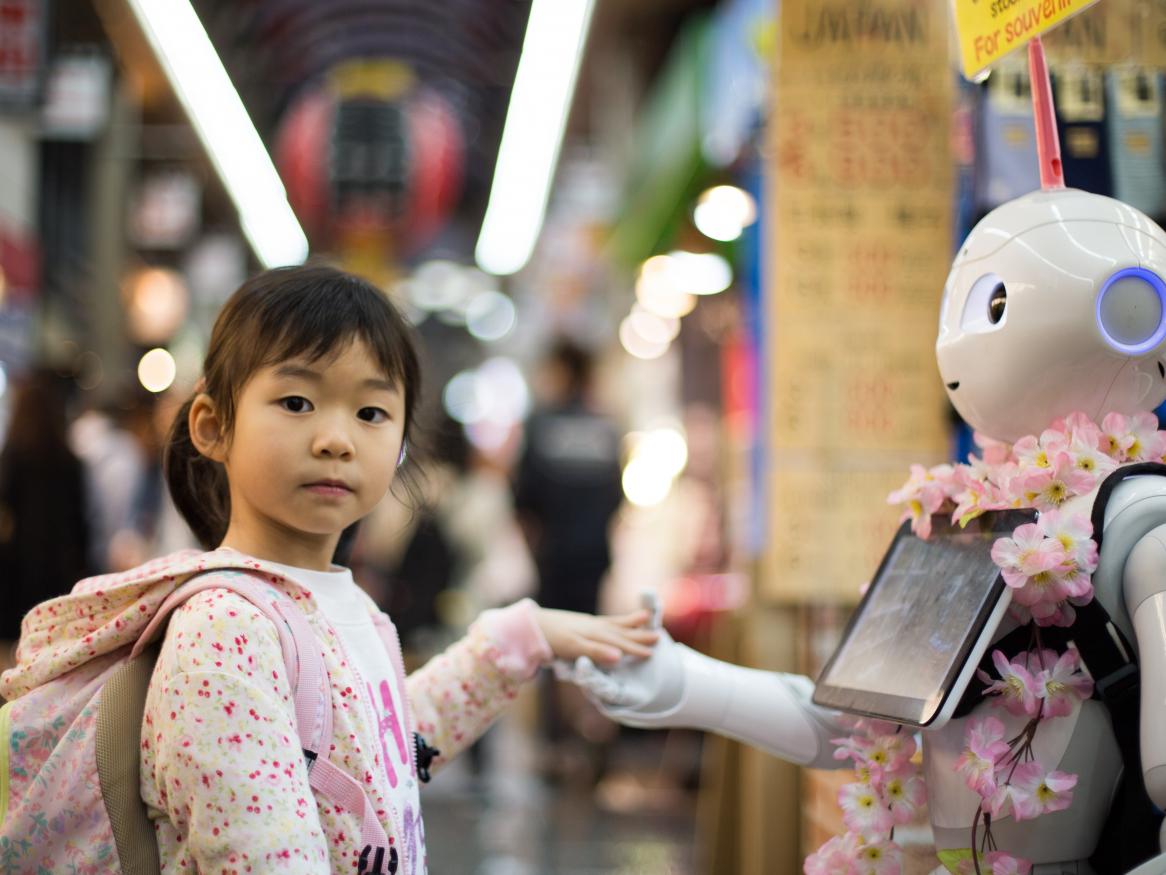
Jane Drake-Brockman, Industry Professor, Institute for International Trade, and Christopher Findlay, Emeritus Professor, Institute for International Trade
From 3D printing (3DP) and artificial intelligence (AI), to cloud computing, 5G, and the Internet-of-Things (IoT), digital technologies are prompting radical new business models offered through digital platforms that promise unparalleled productivity gains and global increases in standard-of-living. Adoption of new technologies is also impacting traditional demand and employment patterns in highly disruptive ways and radically altering the nature of consumer and business transactions. The changes underway raise major questions for traditional domestic regulatory settings and for trade, investment, innovation and industry policies for the digital age.
[Read more about Digital technologies, services and the fourth industrial revolution]
Back to autarky? How to respond to supply shortages in medical devices during the Corona-crisis

Andreas Freytag – Professor and Chair of Economic Policy, Friedrich Schiller University, Jena.
The ongoing covid-19 crisis has brought to the fore the vulnerability of societies relying on highly efficient global value chains (GVC) and single suppliers for specific goods. During the crisis, which first severely hit China as the central link in many GVCs, most countries have suffered a shortage of both simple and technologically complex medical devices (e.g. face masks and ventilators respectively). Fierce competition for these devices has emerged, leading to global tensions and trade restrictions, but also to a discussion about the organization of supply-chains and the need for national emergency stockpiling of medical devices.
COVID-19: Offering us a glimpse into the future of work, the global economy and technology

Simon Lacey - Senior Lecturer in International Trade, Institute for International Trade
COVID-19 has already exacted a horrific death toll in dozens of countries and is only going to get worse in the coming weeks and months. The same is true of the economic fallout it has caused. Soon political leaders will have to make extremely difficult choices as the trade-offs between saving lives and saving economies become even more stark.
Geopolitics, Trade and Protectionism: Covid-19’s impact and paths forward
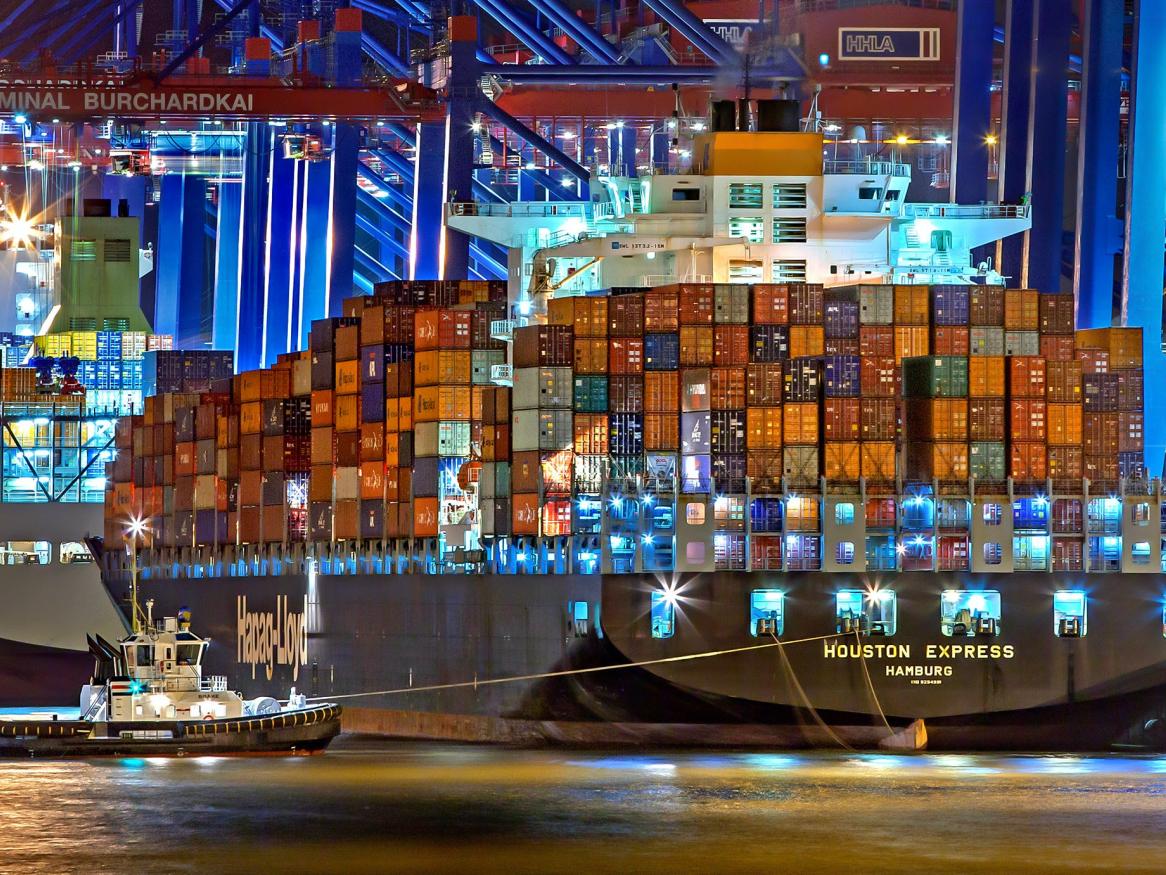
Dr. Naoise McDonagh - Lecturer in Political Economy, Institute for International Trade
As the coronavirus continues to spread globally, country after country has had to implement the three “L”s: lockdown non-essential services and operations; lockout all non-essential people who are not citizens; lock-in all goods that are considered to be essential to managing the growing health emergency.
[Read more about Geopolitics, Trade and Protectionism: Covid-19’s impact and paths forward]
Non-Tariff Measures and Behind-the-Border Domestic Regulation Impacting Trade in Research and Innovation Services

Simon Lacey - Senior Lecturer in International Trade, The University of Adelaide
This topic is very interesting and slightly unusual, not least because non-tariff barriers are trade barriers that only affect trade in goods, since by definition a tariff can arguably only be levied on a physical good as it crosses a border.
The EU and COVID-19
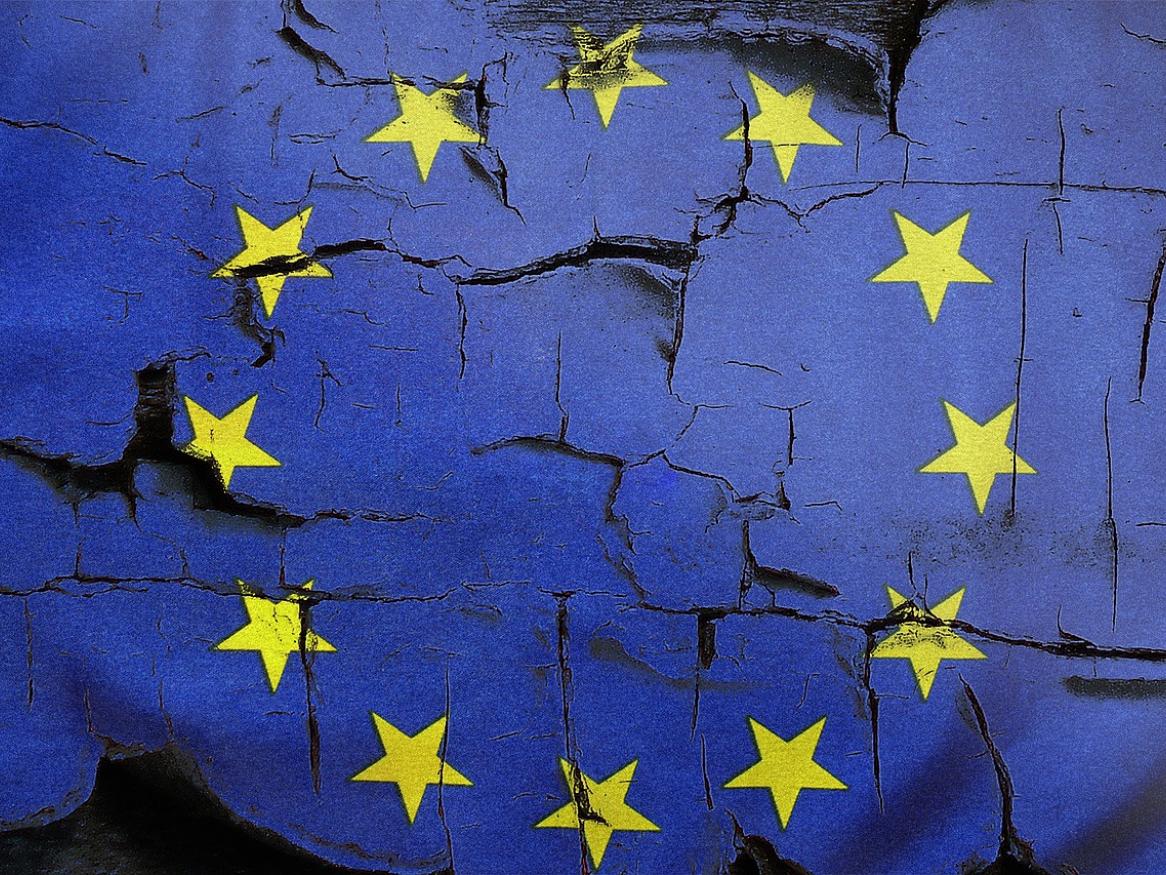
Richard Pomfret - Professor of Economics & Jean Monnet Chair Economics of European Integration, The University of Adelaide
The EU has had a crisis-ridden decade with the sovereign debt, migration and Brexit crises. By the end of 2019, with the Greek debt crisis winding down, migration and refugees out of the headlines and Brexit done, skies looked clearer for the new Commission under Ursula von der Leyen and the new head of the European Central Bank (ECB) Christine Lagarde.
Women in International Trade, enabling world economies for gender equality

Adriana Espejo Sanchez - Ph.D. Candidate: Institute for International Trade, University of Adelaide
Celebrating women’s achievements globally during International Women’s Day 2020 provides an opportune time to reflect not only on the critical role women play in society, but also to consider what actions are still required on the road to gender parity..
[Read more about Women in International Trade, enabling world economies for gender equality]
The UK after Brexit
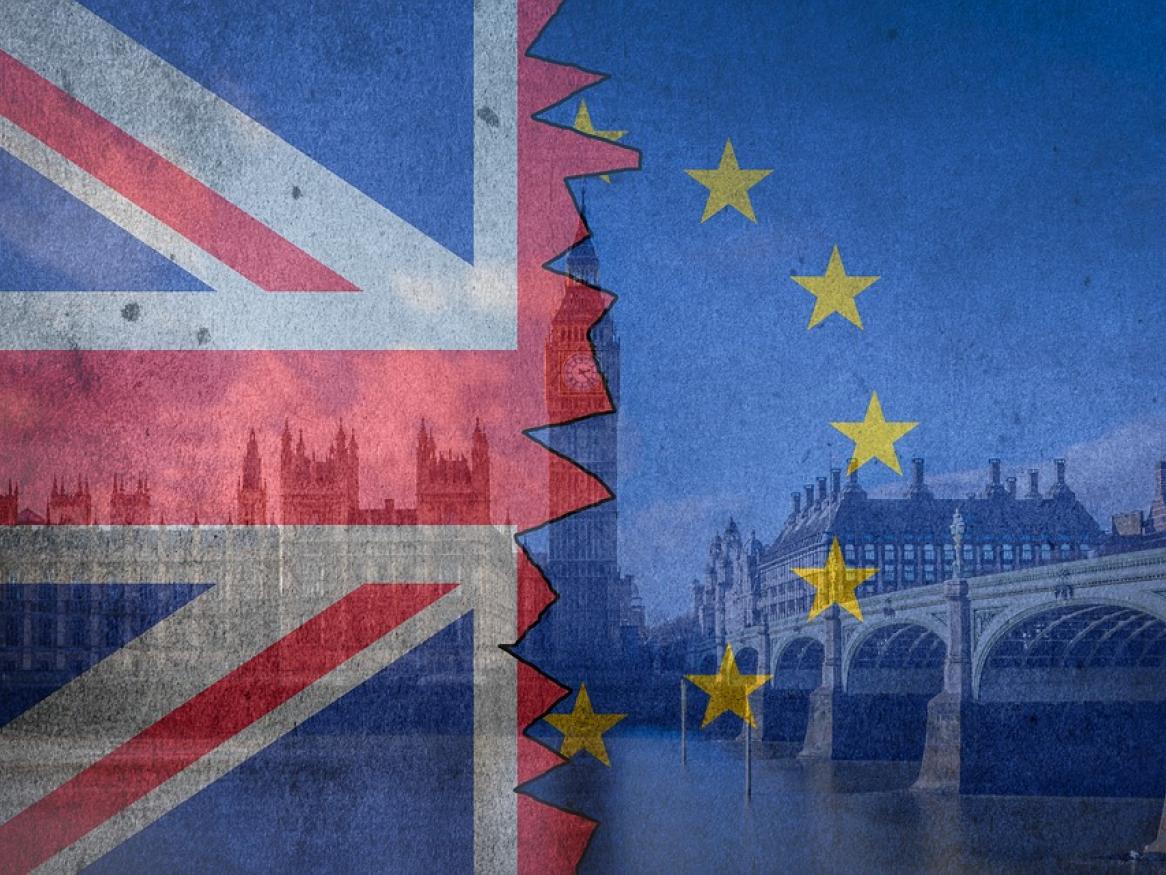
Richard Pomfret - Professor of Economics & Jean Monnet Chair Economics of European Integration, The University of Adelaide
On 31 January 2020 Britons celebrated or mourned the UK’s departure from the European Union. Brexit will be followed by a transition period until the end of the current EU budget cycle on 31 December 2020. During the transition, the UK will continue to adhere to EU rules while managing the practicalities of Brexit.
The views expressed here are the author’s, and do not necessarily represent the views of the Institute for International Trade.
This work is licensed under Commons Attribution-NonCommercial-NoDerivatives 4.0 International License.
IIT is a global leader in researching, analysing and commenting on International Trade.
Stay informed about our up-and-coming seminars, events, publications, awards, new projects and collaborations, and other exciting news.
